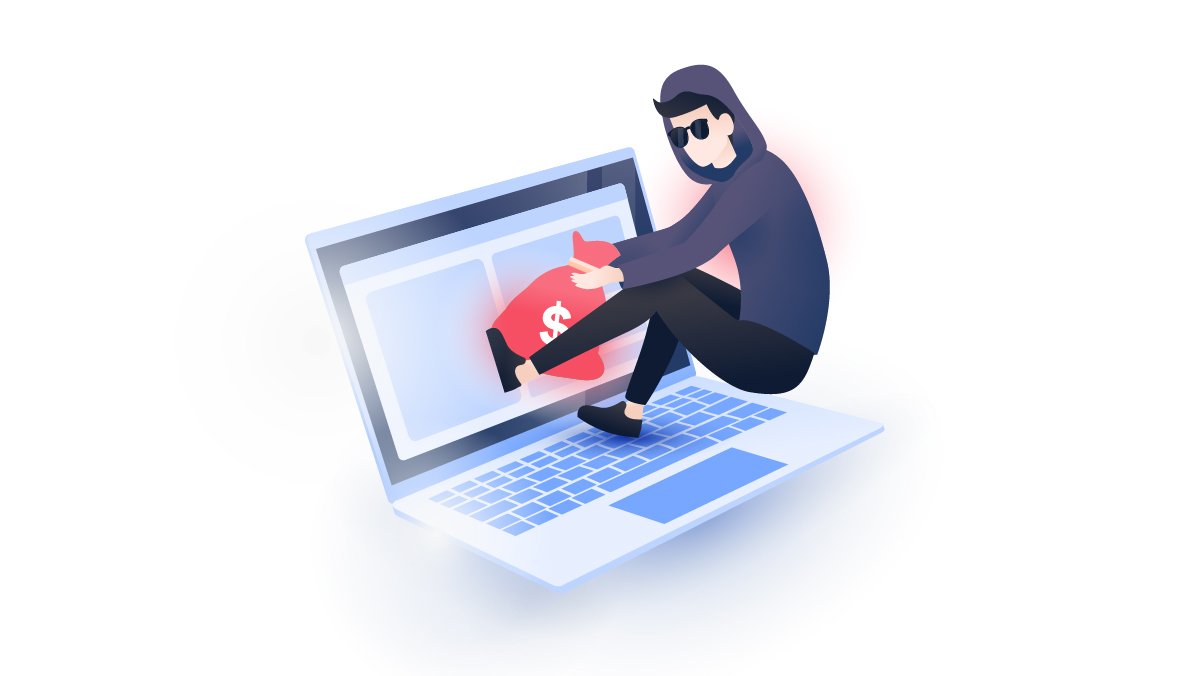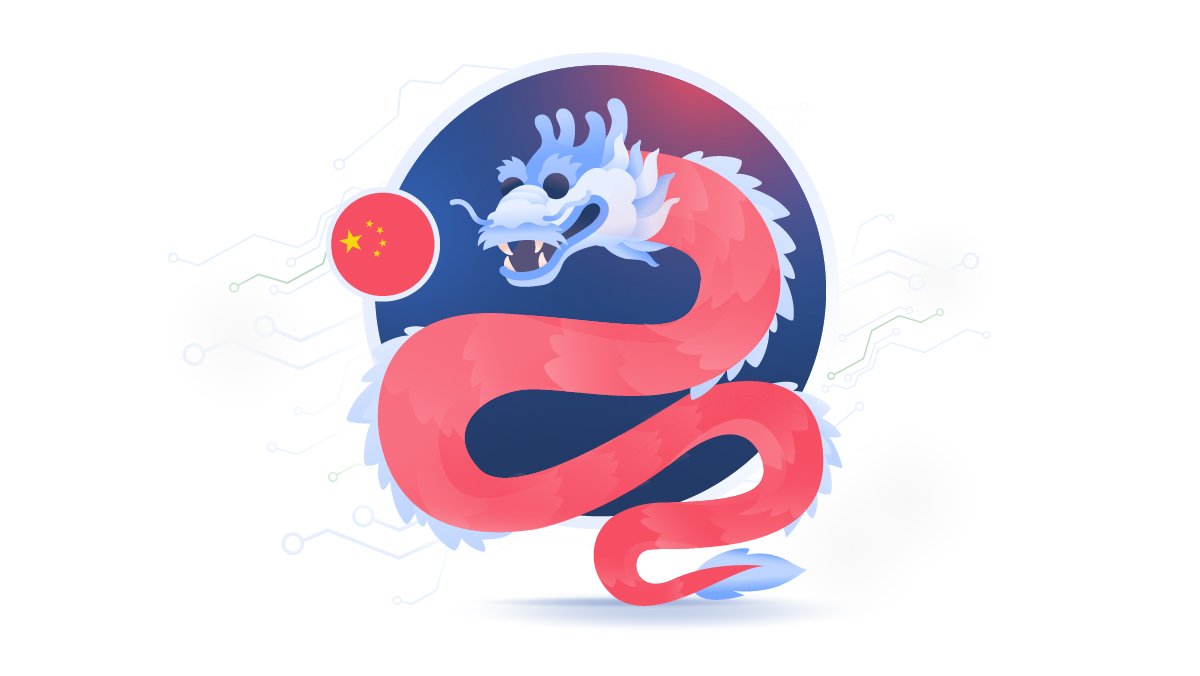The director of Amnesty International Turkey, İdil Eser, together with nine other human rights defenders have been arrested for “committing a crime in the name of a terrorist organization.” Activists were detained by Turkish police on July 5, when attending a regular workshop on digital security. Although four of them were released on bail, they are now being re-arrested and kept in custody while awaiting their trial, which, as practice shows, can take months or even years.
Unfortunately, this arrest is only a small part of a massive crackdown, carried out by Turkish government after the failed coup attempt in July 2016. Since then thousands of people have been arrested without formal indictments, including lawyers, teachers, journalists and others who dare to speak out and spread the free word both online and off. It looks like the freedom of speech in Turkey is declining faster than ever.
Living in the Surveillance State
Content blocking, email scanning, social media tracking, wiretapping, lengthy imprisoning without any reason – this is the reality of internet users in Turkey. And while the freedom of expression is granted by the Turkish constitution, there are a number of exceptions and tools used by the intelligence agencies to monitor and control their citizens.
For example, despite the reassuring statement that “secrecy of communication is fundamental,” meaning that one’s emails, messages or posts cannot be monitored, it’s impossible to buy and use a smartphone anonymously in Turkey. All users must provide their national ID numbers, which makes it possible for agencies to build massive databases of users’ information and create a comprehensive profile of each citizen.
What is even more concerning is the fact that commercial ISPs (internet service providers) are obliged to use DPI (Deep Packet Inspection) tools to monitor online communications, including all of their contents. Although these systems are officially used for advertising and other commercial purposes, no one can guarantee they are not applied to spy on regular internet users.
In Turkey, a Single Word Can Get You in Jail
This is the first and the main rule when posting something on social media, whether you are a journalist, an activist or simply a Turkish citizen. One careless word on Twitter or a suspicious hashtag on Instagram can even cost you a lengthy prison term. Over the past few years, thousands of people have received charges of “insulting government officials,” “supporting terrorist organizations,” “sharing propaganda” or “defaming President Erdoğan” on their tweets. Here are only a few of many examples:
- In 2016, news editor Hamza Aktan was detained by armed and masked policemen only for retweeting a BBC request for eyewitnesses to send pictures from Cizre, while the city was under military curfew.
- In 2014, Merve Büyüksaraç, a former Miss Turkey, shared a satiric poem related to President Erdoğan’s corruption scandal on her Instagram account. Two years later the girl was found guilty of insulting the president and received a 14-month suspended prison sentence.
- In 2015, media student Bercan Aktas was arrested for a tweet that stated: “A special forces police officer was neutralized.” Apparently, the term “neutralize” can only be used when talking about terrorists. If you are referring to the security forces who “who lost their lives during the struggle with terrorism, martyr is used,” according to the judge’s decree. For this poorly chosen word the student received a prison sentence of almost 1.5 years.
Lack of Legal Clarity
According to the Constitution of the Republic of Turkey, “everyone has the right to express and disseminate his thought and opinion by speech, in writing or in pictures or through other media, individually or collectively.” While the constitution words sound promising, the situation in real life is completely opposite.
One of the main problems when speaking about the situation in Turkey is the lack of laws specifying what online activities should be considered as criminal, and what sentences must be applied for committing these type of crimes.
And here comes the criminal code and the Anti-Terrorism Law, that are often criticized for their inaccuracy and broad definitions. According to the Anti-Terrorism Law, anyone who “makes propaganda of a terrorist organization by legitimizing, glorifying or inciting violent methods or threats” can be sentenced to prison for up to five years. Unfortunately, this particular law is often used to prosecute innocent people who simply express their opinions or dare to criticize the government authorities.
NordVPN believes that everyone should be free to express their opinions as well as share and access all the information that is available online. This is why we are glad that our VPN service helps Amnesty International Dutch section in their daily communications and long-distance travels, especially when it comes to heavily censored countries like Turkey.
NordVPN fully supports Amnesty in demanding that the Turkish authorities release the detainees and stop the witch hunt against all 10 human rights defenders immediately.




